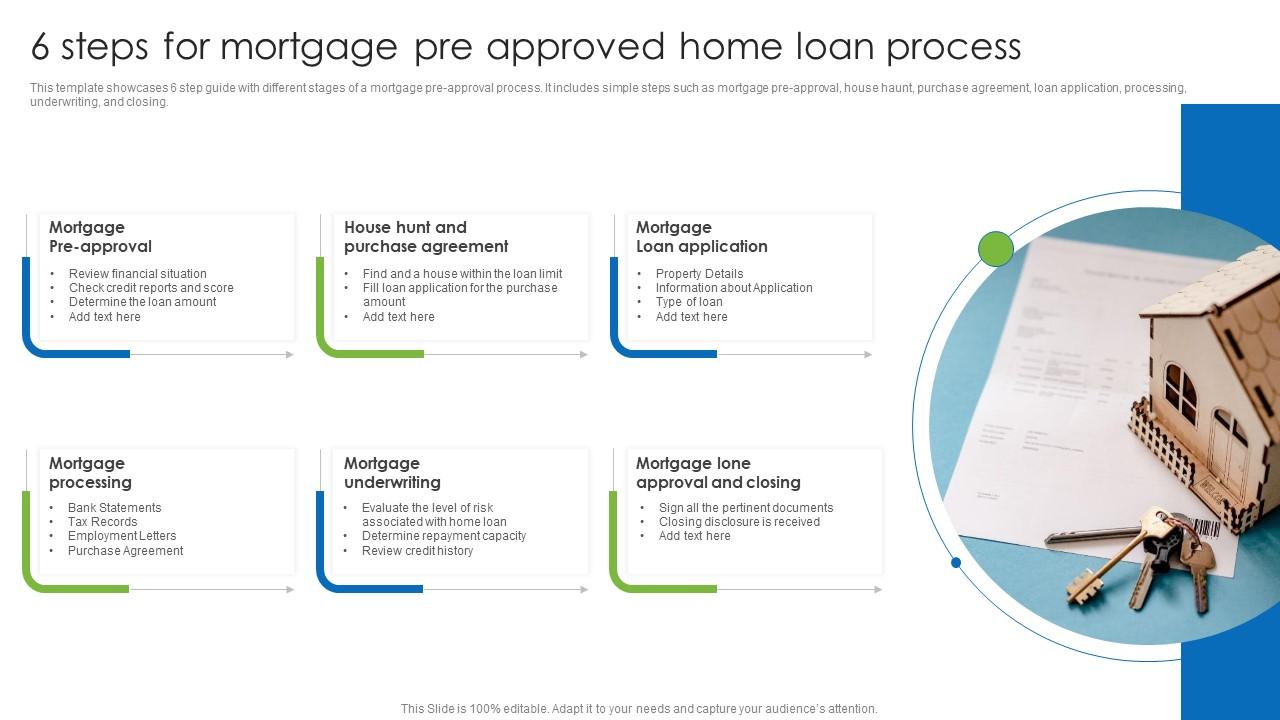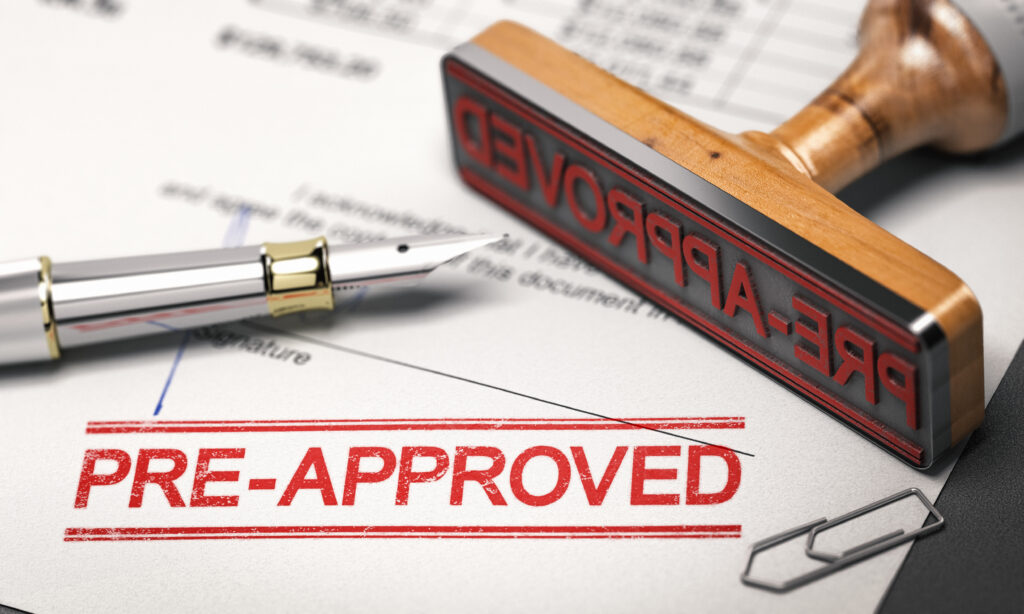5 Key Documents for Mortgage Approval in 2023

Applying for a mortgage in 2023 involves not only understanding your financial health but also ensuring you have all necessary documentation in order. Lenders scrutinize every piece of paper to mitigate risk, aiming to approve loans to borrowers with a low likelihood of default. Here are the five key documents you'll need for a smooth mortgage application process:
1. Proof of Income


When you apply for a mortgage, lenders want to see that you have a steady income to meet monthly payments. Here's what they might request:
- Pay Stubs: Recent pay stubs covering the last 30 days. These demonstrate your current earnings.
- W-2 Statements: The last two years' W-2 forms to verify your historical income stability.
- Self-Employment Income: If you're self-employed, provide Tax Returns for the past two years, including schedules C or E (for business profits or rental income).
- Bank Statements: For self-employed individuals or those with irregular income, 12 months of bank statements might be needed to show income consistency.
💡 Note: Ensure that your pay stubs and tax returns are complete, accurate, and reflect a stable income history, as discrepancies can lead to loan denial.
2. Employment Verification


Lenders require assurance that your employment is stable, and here are the documents they look for:
- Employment Letter: A letter from your employer confirming your position, salary, and employment duration. This is often accompanied by a corporate form filled out by your employer.
- Verification of Employment (VOE): A formal document sent to your employer to confirm your job details and any anticipated changes in employment.
⚠️ Note: If you've recently changed jobs or are planning to, be prepared for additional scrutiny to ensure your job stability.
3. Credit History


Your credit score and credit history significantly influence your mortgage approval odds. Lenders will typically:
- Pull Your Credit Report: From major bureaus (Equifax, TransUnion, Experian) to check for any delinquencies, debts, or negative marks.
- Evaluate Credit Score: A higher score can qualify you for better interest rates. Aim for a score above 700 for the best terms.
💳 Note: Errors on your credit report can be disputed; proactively monitor your credit and address any inaccuracies before your application.
4. Assets and Down Payment


Your ability to contribute towards the down payment and maintain savings or other assets impacts your approval. Lenders will look for:
- Bank Statements: Six months of statements for all accounts, showing the funds you'll use for the down payment and closing costs.
- Gift Letters: If your down payment includes gifted funds, a gift letter from the donor confirming the gift's nature, along with proof that the donor has sufficient funds.
- Retirement and Investment Accounts: Statements to verify additional assets, showing liquidity for the loan.
💰 Note: Lenders often require the down payment funds to be seasoned, meaning they should have been in your account for at least two months.
5. Property Documentation


To approve a mortgage, lenders need to evaluate the property you intend to buy. Required documents include:
- Appraisal Report: An independent valuation of the property, assessing its market value and condition.
- Title Report: To ensure the property has clear title and no unresolved claims against it.
- Purchase Agreement: The contract between you and the seller detailing the terms of the sale.
📁 Note: Ensure all property documentation is up-to-date and free from any red flags that could delay or hinder the mortgage process.
In summing up, these key documents are vital for lenders to perform due diligence. The mortgage approval process in 2023 is thorough but necessary to ensure you can afford the home without defaulting. From proving your income stability to verifying the property’s worth, each step involves documentation that proves your financial health and the legitimacy of your investment.
For a successful mortgage application: - Ensure your documents are accurate and organized. - Address potential issues proactively, such as a low credit score or irregular employment history. - Be aware of the time it takes to gather all necessary documents; preparation is key.
By following these steps and understanding the importance of each document, you’ll be better positioned to navigate the mortgage application process successfully in 2023.
Why do lenders require so many documents?

+
Lenders need to verify your financial stability, income, employment, and the property’s value to assess the risk of loaning you money. These documents help them to make an informed decision, reducing the chance of loan default.
Can I get a mortgage with a low credit score?

+
Yes, but with higher interest rates or through special mortgage programs designed for lower credit score borrowers. However, improving your credit score before applying can save you significant money in interest over the life of the loan.
What if I’ve recently changed jobs?

+
A recent job change can complicate your mortgage application, but if the new job is in the same or related field, and if you can show a history of stable employment, lenders might still approve your loan. Documentation to prove job stability and income will be crucial.